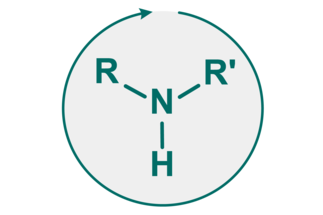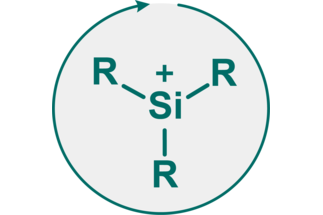Homogeneous Catalysis
Our research aims towards the invention of new strategies for the development of “perfect chemical reactions” that combine quantitative yields and high atom economy, while avoiding toxic solvents, protecting group strategies, extreme temperatures, or inert gas atmosphere. We approach this ultimate goal by using selective catalysis based on small organic molecules. In recent years, it has been demonstrated that these organocatalysts can be as efficient and selective as the more commonly used metal-based catalysts, leading to a rapid growth of this field of research all around the globe. As a result of our ongoing investigations, our group was the first to demonstrate the concept of asymmetric counteranion-directed catalysis (ACDC) in 2005. Further investigations target the application of organocatalytic reactions in the synthesis of drugs and natural products.
Research Topics:
Research Reports:
- Research Report List 2017-2019 417.83 kB
- Research Report List 2014 -2016 1.41 MB
- Research Report List 2011 -2013 5.76 MB
- Research Report List 2008 -2010 680.6 kB
- Research Report List 2005 -2007 418.03 kB
- Research Report List 2002 -2004 110.99 kB







